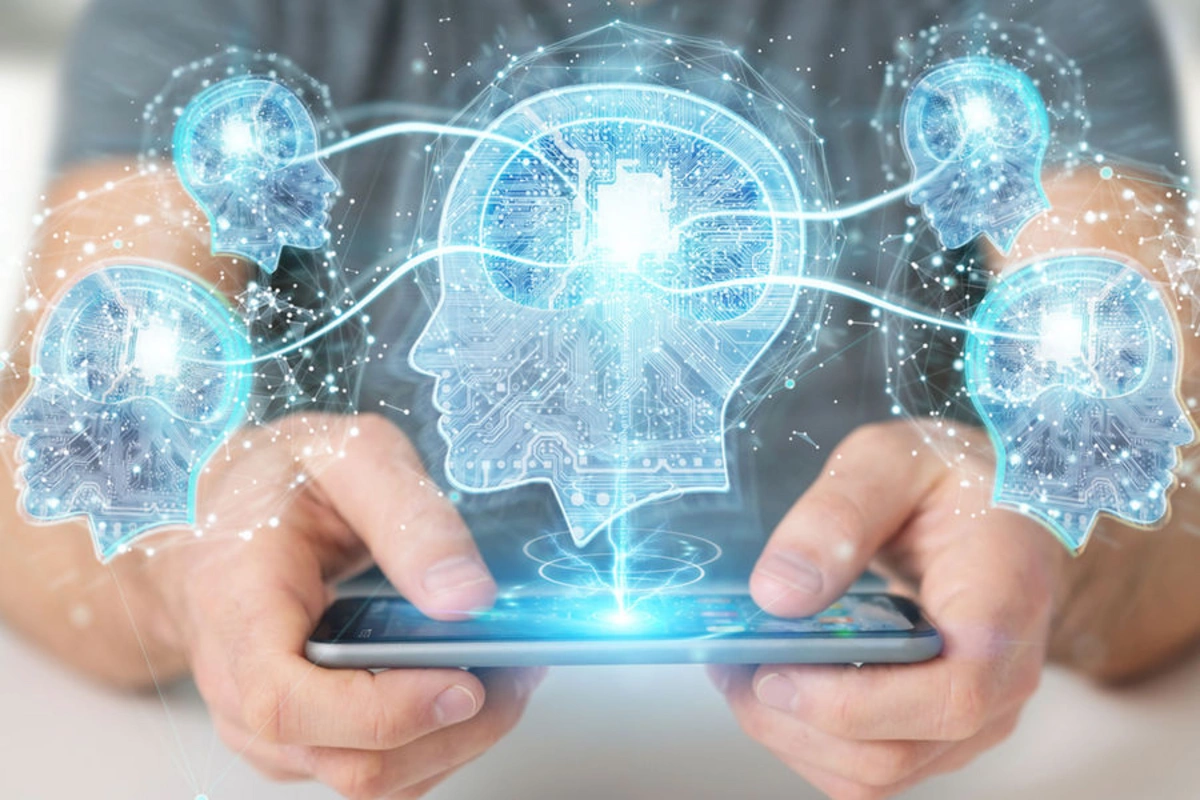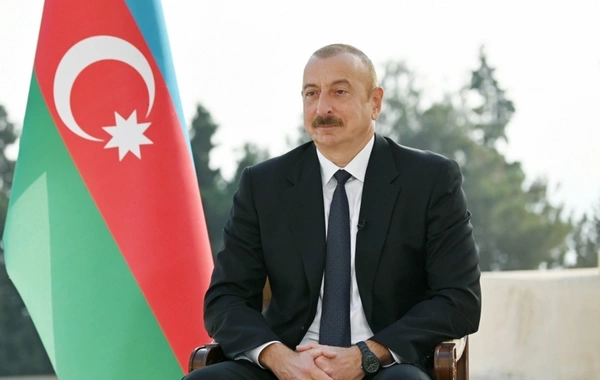Scientists are alarmed by the too rapid development of AI

An international team of scientists has concluded that the rapid development of artificial intelligence and neurotechnology makes the question about the nature of consciousness more relevant than ever, reports BAKU.WS with reference to the journal Frontiers in Science.
Consciousness is a state in which an organism is aware of itself and the surrounding world. Despite decades of research, science still cannot explain how subjective experience arises from biological processes.
"Consciousness is no longer just a philosophical category. It's a question that directly affects medicine, law, ethics, and our understanding of human existence itself," said Professor Axel Cleermans from the Free University of Brussels, one of the authors of the work.
Scientists consider different hypotheses: from the global workspace theory, which suggests that awareness arises when information from different brain regions is unified, to the integrated information theory, according to which a system becomes conscious when its parts are closely connected and interact.
In the new work, researchers analyzed the current state of consciousness science and possible consequences if humanity manages not only to understand but also to create consciousness - for example, in artificial intelligence or laboratory brain organoids.
According to the authors, reliable tests for consciousness are needed that will determine whether a system - be it a human, animal, embryo, organoid, or AI - has signs of consciousness. This will help diagnose awareness in patients with severe brain damage or dementia, as well as understand when exactly it emerges in a fetus or in animals.
However, such discoveries will also entail profound ethical and legal consequences: if a system is recognized as conscious, society will have to answer the question - how to treat it.
"Progress in the study of consciousness will change our perception of ourselves, of artificial intelligence, and of humanity's place in nature," noted Professor Anil Seth from the University of Sussex.
The authors warn: technologies related to AI and brain interfaces are developing faster than the science of consciousness - and this could lead to serious ethical consequences.
Similar News
Doctor named the main causes of gastritis flare-ups
The Helicobacter pylori bacterium, alcohol consumption, as well as excess spicy and fatty foods most often cause exacerbation of gastritis. This was reported by...




 Azərbaycanca
Azərbaycanca  По-русски
По-русски  English
English 






